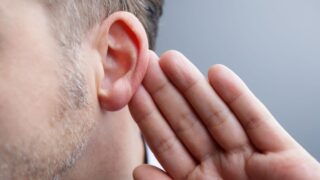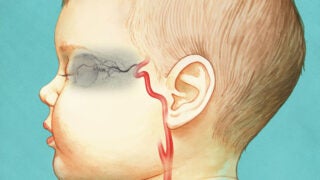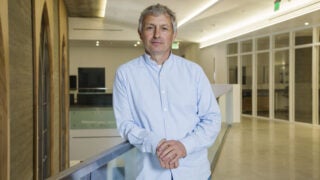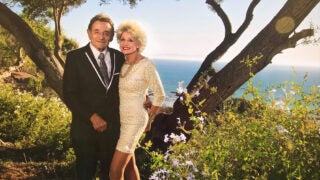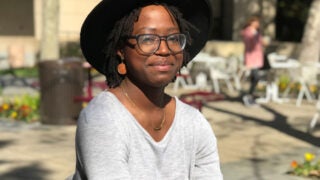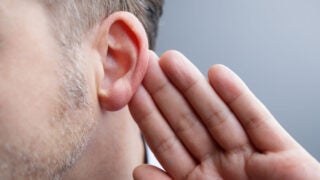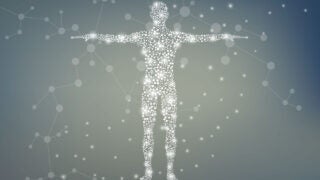Startup specializes in sensor technology for the first “smart” system seen as a boon for patients.
Convergent Science
News Listing
Early findings show the drug helps build connections between nerve cells. It's not yet available for humans, but it shows potential.
Innovative research for retinoblastoma may help children preserve their vision — and avoid risky surgery.
Diabetes affects 400 million people around the world. Scientists hope that their models of the cells behind the disease can unlock better treatment.
Cancer researcher and graduating senior Sophie Wix will pursue medical breakthroughs this fall as USC’s first Fulbright scholar to the University of Cambridge and the United Kingdom.
Retired ophthalmologist Allen Ginsburg and his wife, Charlotte, donate $10 million to name the USC Institute for Biomedical Therapeutics.
Ketetha Olengue has a special interest in the convergence of health and technology: She’s had a pacemaker since she was 9.
Scientists develop method to repair damaged structures deep inside the ear.
USC researchers issue a call to scientists to help them create the first comprehensive model of a cell that is central to diabetes, the pancreatic beta cell.
USC Michelson Center scientists use metal-tagged markers and a patient’s blood sample, aiming for precise treatments of cancerous cells that spread to other organs.


